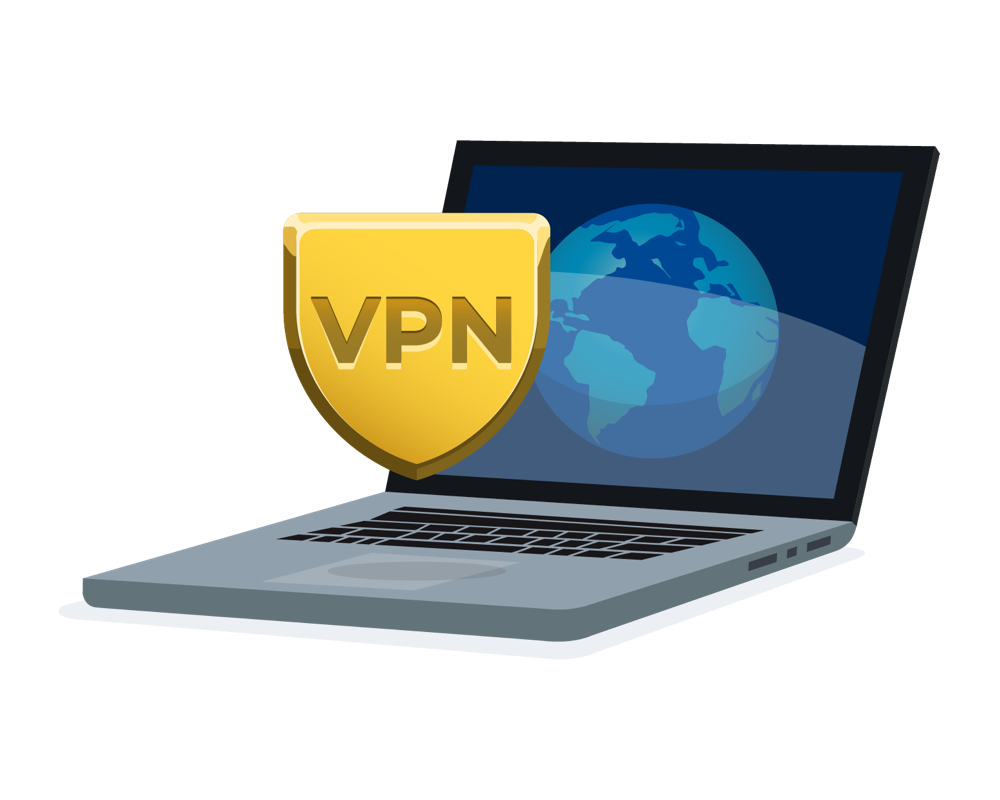In today’s interconnected world, travelers often rely on public Wi-Fi networks at airports for staying connected, catching up on work, or simply browsing the internet. However, these networks, while convenient, pose significant security risks. Hackers can intercept data transmitted over these networks, potentially gaining access to sensitive information such as passwords, credit card details, or personal data. To mitigate these risks, using a Virtual Private Network VPN at airports has become increasingly essential for enhancing security. Public Wi-Fi networks at airports are typically unsecured or lightly secured, making them vulnerable to cyber threats. Hackers can deploy various techniques like packet sniffing or spoofing to intercept data transmitted between a user’s device and the network. This interception can occur without the user’s knowledge, putting their confidential information at risk.

How VPNs Work to Enhance Security
A VPN creates a secure, encrypted connection between a user’s device and a remote server operated by the VPN service. This encryption ensures that any data transmitted over the network remains private and secure from eavesdropping or interception. When connected to a VPN, all data traffic, including emails, web browsing, and app usage, is encrypted before leaving the user’s device and decrypted only upon reaching the VPN server. This process effectively shields sensitive information from prying eyes on public Wi-Fi networks.
Encryption of Data – VPNs encrypt all internet traffic, making it unreadable to unauthorized parties. This protects users from potential data theft and unauthorized access to personal information.
Bypassing Geo-restrictions – VPNs can also help travelers access regionally restricted content or services that may be blocked in certain countries or airports.
Anonymous Browsing – By masking their IP address, VPN users can maintain anonymity and prevent websites from tracking their online activities or location and here click.
Considerations When Choosing a VPN
Not all VPN services are created equal, especially concerning security and privacy standards. When selecting a VPN for use at airports, travelers should consider the following:
Security Protocols – Look for VPNs that use robust encryption protocols to ensure data integrity and confidentiality.
No-logs Policy – Opt for VPN providers that adhere to strict no-logs policies, meaning they do not store user activity logs, thereby safeguarding user privacy.
Server Locations – Choose a VPN service with servers strategically located worldwide to ensure reliable performance and the ability to bypass geo-blocked content effectively.
While public Wi-Fi networks at airports offer convenience, they also pose significant security risks to travelers. Using a VPN is a proactive measure to enhance security by encrypting data and protecting it from potential cyber threats. By establishing a secure connection to a remote server, VPNs ensure that sensitive information remains private and inaccessible to malicious actors. Travelers who prioritize their online security should consider incorporating a reputable VPN service into their travel routine to safeguard their personal data and enjoy a worry-free internet experience, even on public Wi-Fi networks at airports.